It is nearly 03 months from the effective date (August 01, 2020) of the Free Trade Agreement. Vietnam's economy in general and agricultural products in particular have had great opportunities and prospects as well as many challenges to face.
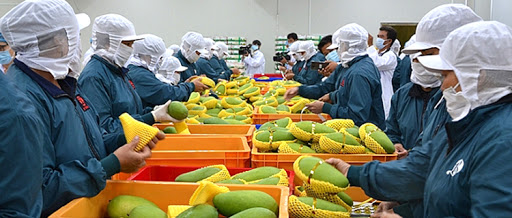
EVFTA - Free Trade Agreement between the Socialist Republic of Vietnam and European Union (EU) was started and ended in the context of the growing bilateral relationship between Vietnam and the European Union, especially in the fields of economy, trade and investment.
EVFTA is a comprehensive, high-quality agreement that ensures a balance of benefits for both Vietnam and the EU. When put into effect, the EVFTA will be a huge "bump" for Vietnam's exports, which help diversify markets and export products, especially agricultural and aquatic products as well as Vietnamese products which have many competitive advantages.
To be specific, it was the EVFTA that Vietnam has the following opportunities:
First, Vietnamese agricultural product brands have come closer to European consumers thanks to the EVFTA.
Thanks to the EVFTA, Vietnam can increase the number of agricultural products to be exported into the EU market, thereby increasing the recognition of Vietnamese agricultural product brands, helping to get closer to European consumers - one of the potential thousand dollar markets.
Second, Vietnamese agricultural products will benefit from tariff incentives thanks to the EVFTA.
According to the EVFTA, the EU will eliminate import taxes on about 85.6% of tariff lines, which is equivalent to 70.3% of Vietnam's export turnover to the EU. After 07 years from the date of entry into force of the Agreement, the EU will eliminate import taxes on 99.2% of tariff lines, which is equivalent to 99.7% of Vietnam's export turnover to the EU. For the remaining 0.3% of export turnover, the EU committed to give Vietnam a tariff quota with an import tax within the quota of 0%.
Thus, it can be said that nearly 100% of Vietnam's exports to the EU will be eliminated after a short roadmap. This is a very beneficial incentive for Vietnam's exports in general and agricultural products in particular. In fact, with the removal of tariffs, Vietnamese agricultural products will be more competitive in price compared to businesses in the domestic market and other markets.
Third, EVFTA opens up potential markets for Vietnamese agricultural products.
Vietnam, with the starting point being an agricultural country on the rise with the strength of diversified and abundant agricultural products, however, finding markets to ensure stable output for farmers is always a big challenge. With the signing of the EVFTA, Vietnamese agricultural products will have an additional potential market to ensure stable output.
However, besides great opportunities, facing challenges is inevitable, specifically:
Firstly, the EU is a potential market but also the most difficult market. Vietnamese agricultural products, when exported to the European market, must meet extremely strict standards. Because this is one of the markets that are considered to have extremely strict requirements with the application of the highest food safety and animal and plant quarantine standards in the world. Therefore, it can be said that with the current production process of Vietnam, it is difficult to "satisfy" this market. This requires Vietnamese enterprises to change and develop production systems and processes to improve the quality of agricultural products.
Secondly, implementing the EVFTA in the context of the global impact of the Covid-19 pandemic will be even more difficult. Since the beginning of the year, the outbreak and rapid spread of Covid-19 has seriously affected the global economy. Food safety standards so far may become even more stringent after the Covid-19 pandemic.
Thirdly, in exchange for the incentives received from the EU market, the Vietnamese agricultural product market will also face great competitive pressure on imports from the EU, especially when the Vietnamese people's mindset of "buying foreign goods" is still quite large. Accordingly, the reduction of import tax under the commitments of the EVFTA will increase competitive pressure for domestic manufacturers not only in terms of price, but also in terms of quality and food hygiene and safety.
It can be seen that the current problem of Vietnamese enterprises is how to make the most of the opportunities brought by the EVFTA as well as having effective solutions to face the inevitable challenges in the near future.
Thuy Tram
- Key word:
- EVFTA
 Article table of contents
Article table of contents
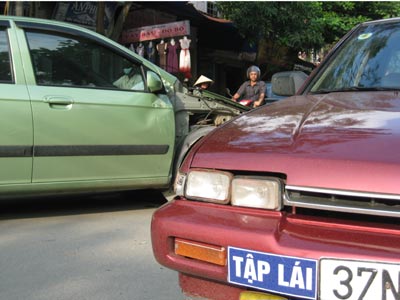
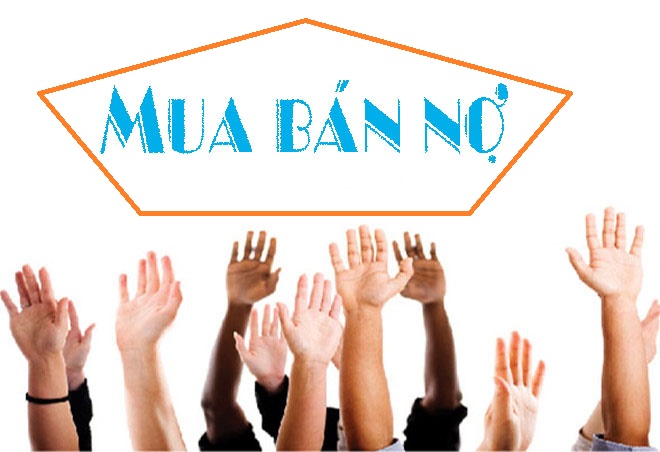

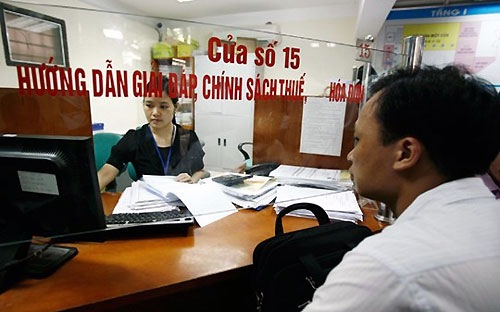
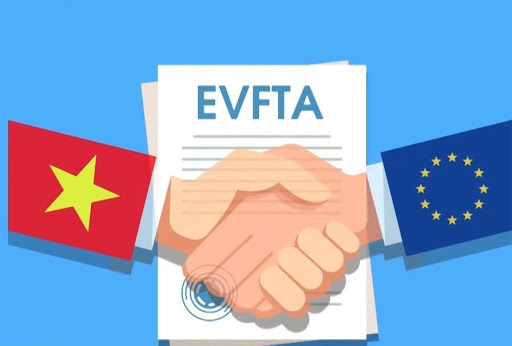
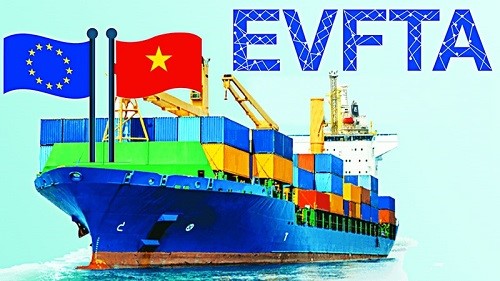
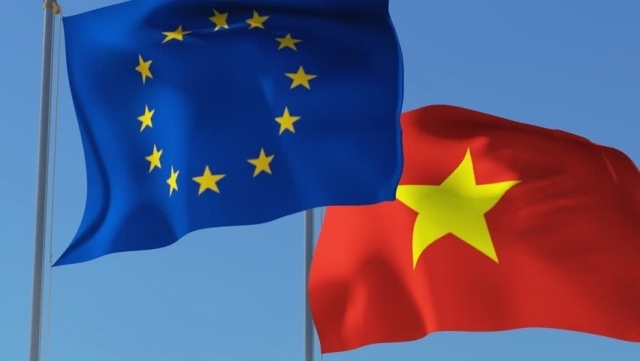
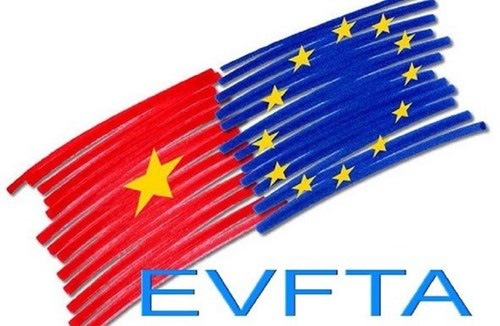
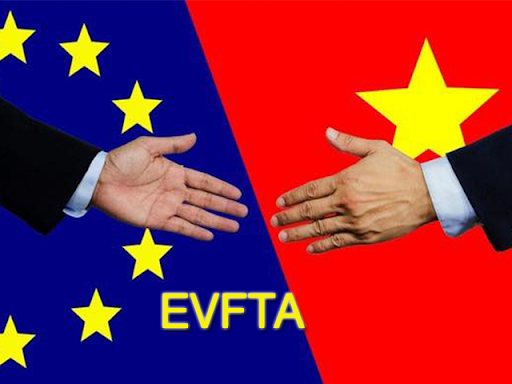

.Medium.png)
.Medium.png)
.Medium.png)
.Medium.png)
